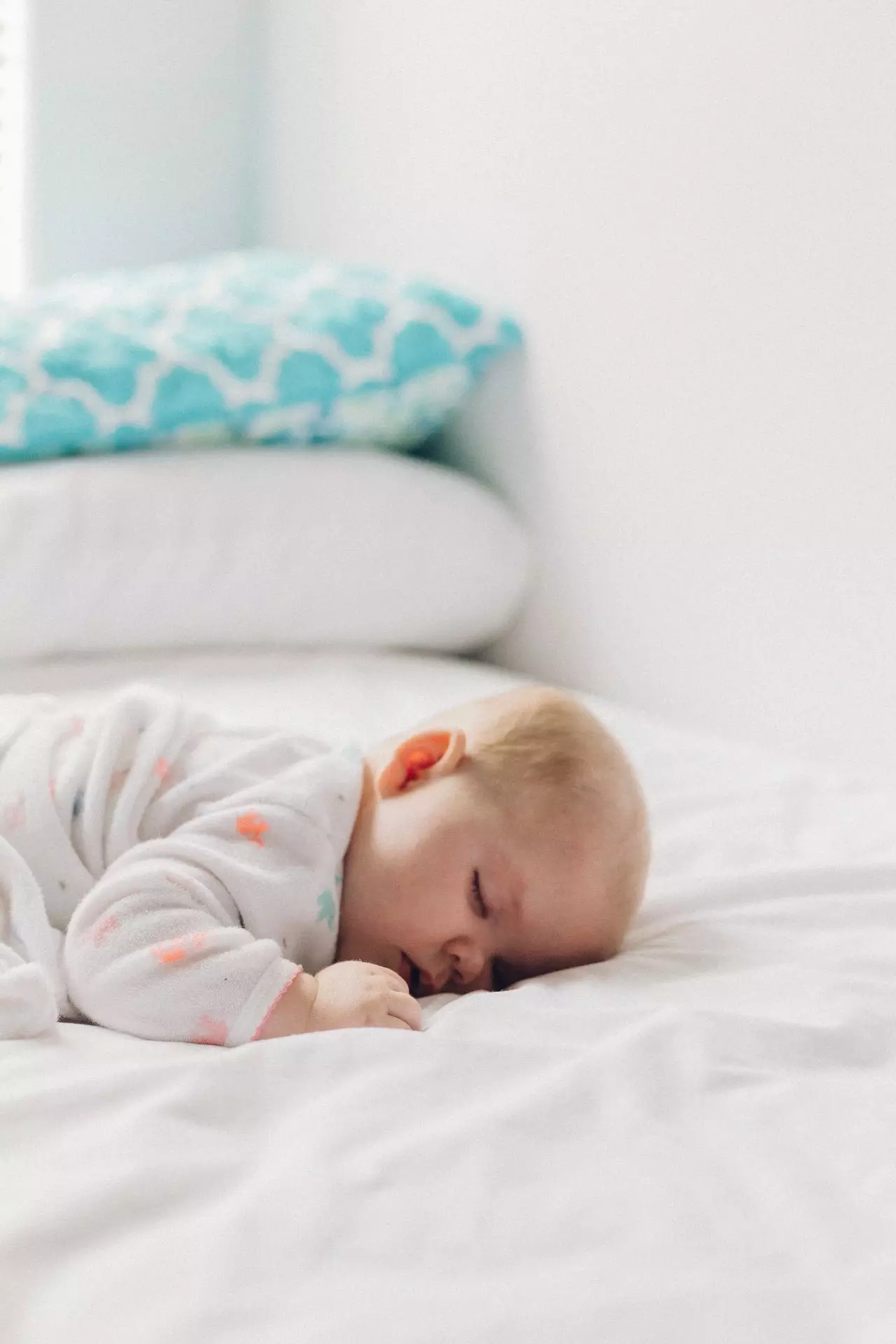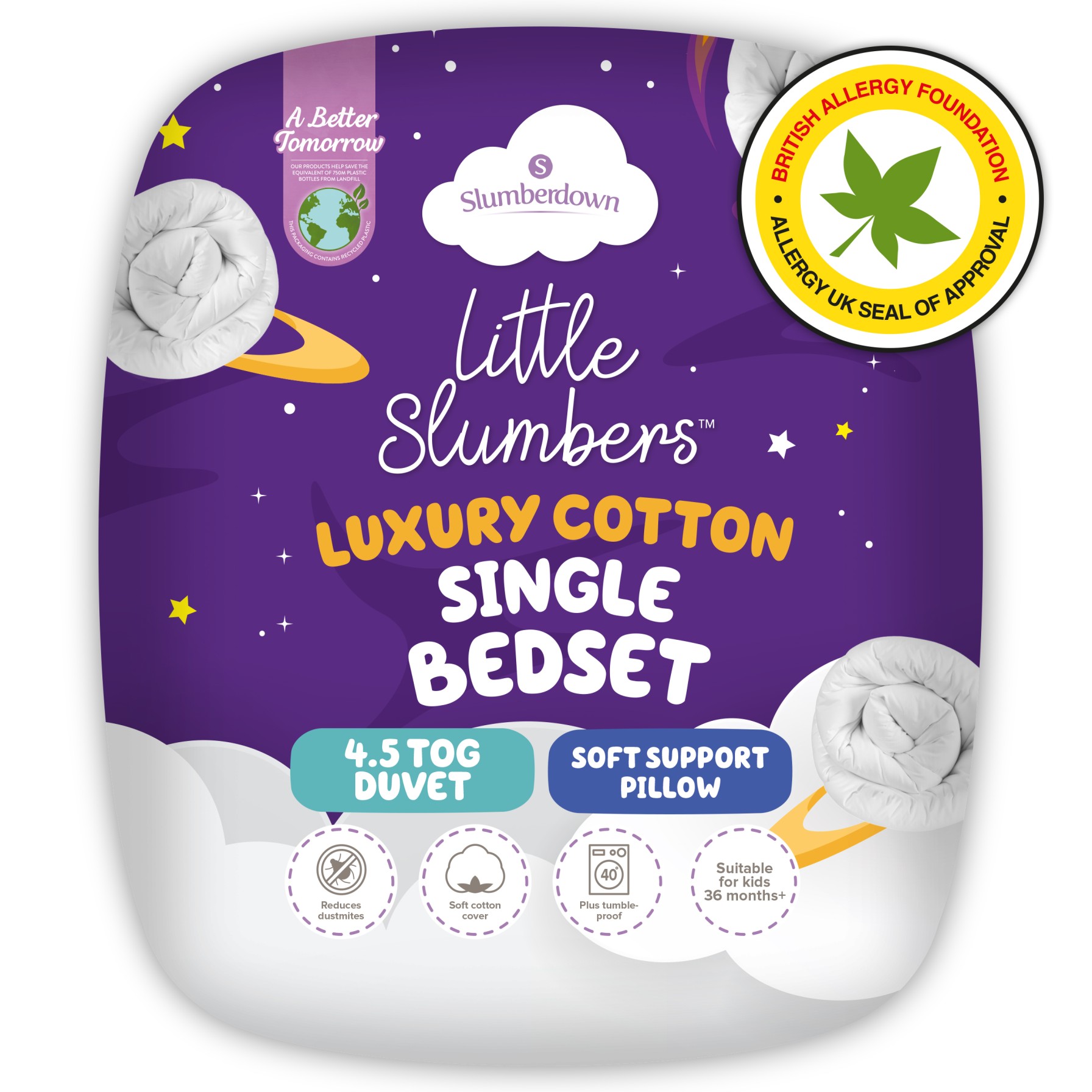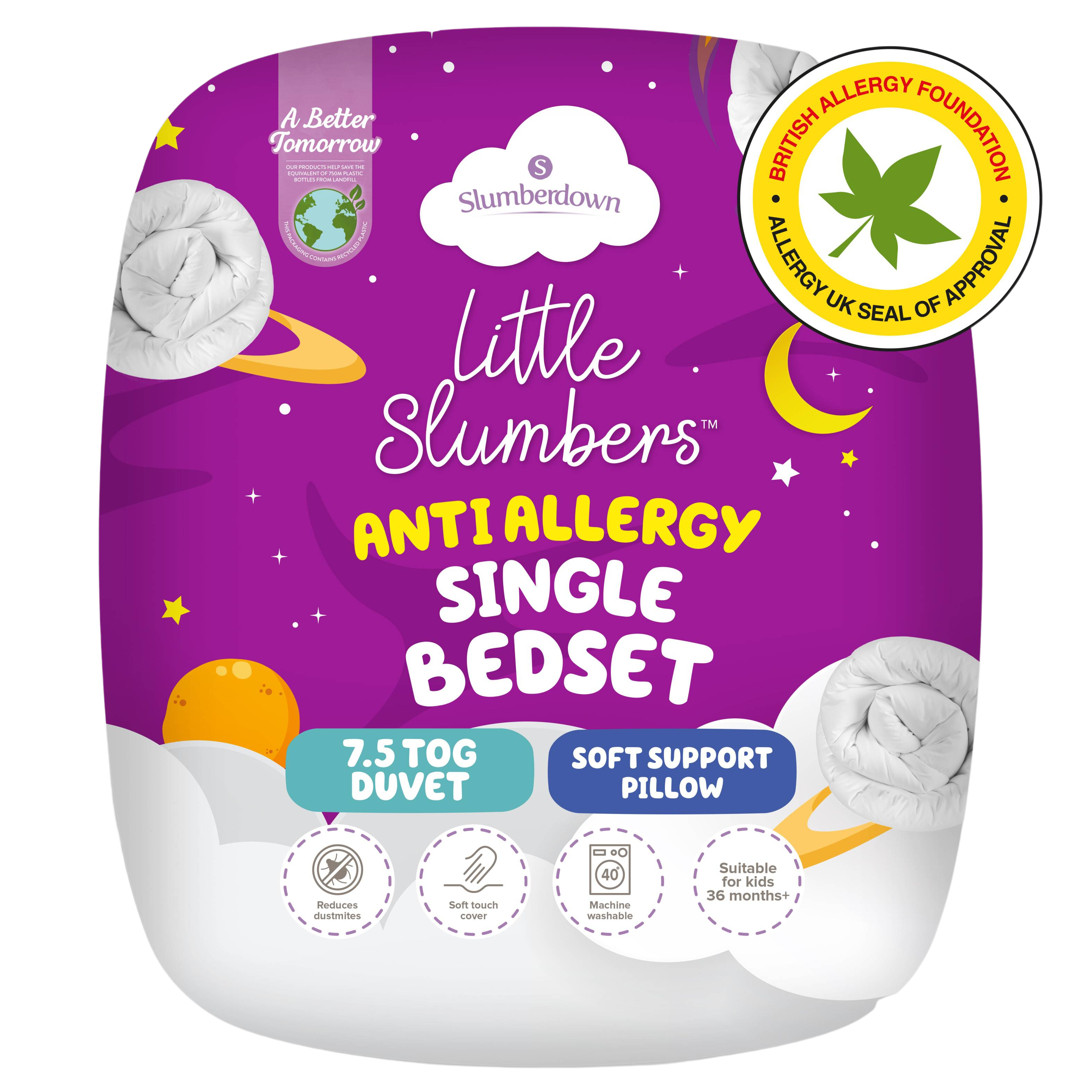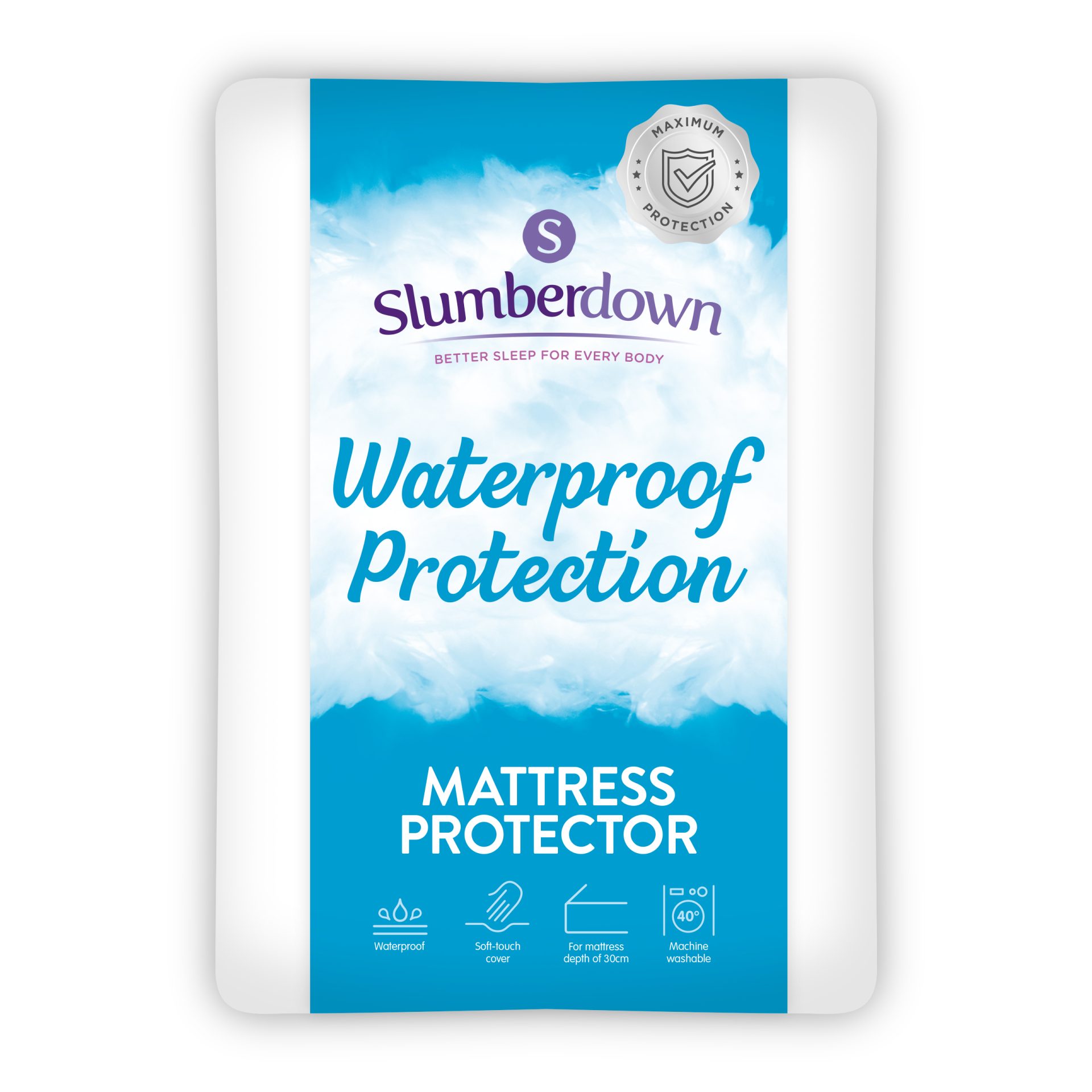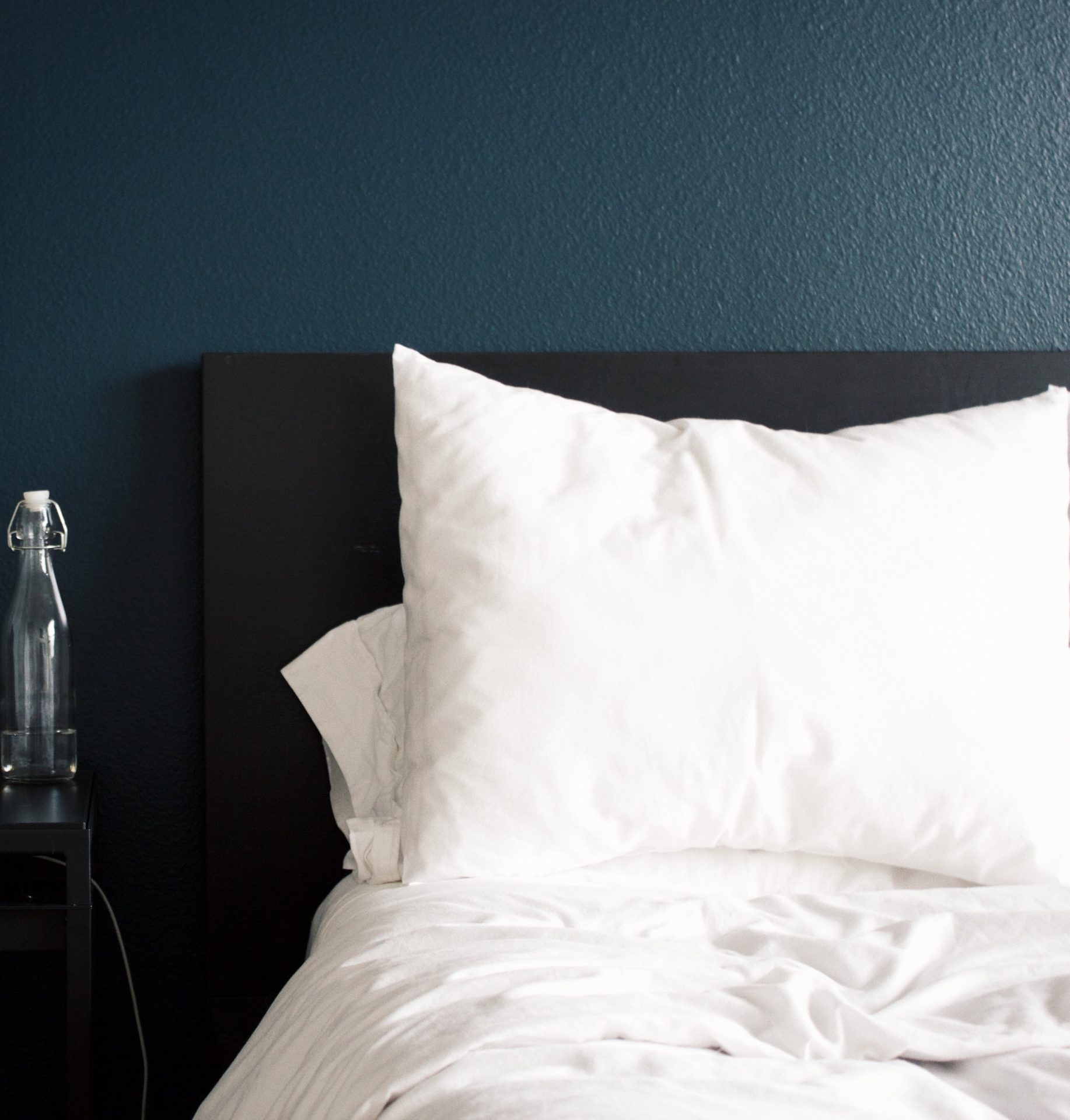What age can you let your baby or toddler sleep with a pillow?
Most experts agree that you should not introduce a pillow of any kind until your little one is at least 2 years old. There is simply too great a risk of suffocation at a younger age. As adults, we are so used to sinking into a comfy soft pillow that this may seem unfair, but the reality is that your child will be able to sleep comfortably without a pillow.
While they are very young, current advice is to place your baby on their back and swaddle them for every sleep. After all, they will sleep a great deal when they are this age, of course — as much as 18 hours per day. When they rest, you will want them to be in their own cot, and you should place this in your bedroom for at least the first six months to keep an eye on them.
Make sure that you get a well-made cot and that the mattress fits snugly within it. Move it away from any loose décor, such as curtains or cables or other obstacles, and make ensure that there are no other objects (blankets, stuffed toys, and pillows) within the cot itself.
Once your toddler is approaching 2 years old, you will likely have become more familiar with their particular sleeping habits. If they appear uncomfortable, or if you introduce a blanket and they try to put it behind their neck to sleep, then it may well be time for a pillow.
Many parents decide to wait until it is time for the baby to move out of their cot and into their own smaller bed as the time to give them a pillow. Often, this is between 18 months and 2 years old and might be around the time that they start to crawl. In this case, you will want to choose a pillow that has been specially designed to meet their needs as they move on to the next stage in their development.
The reasons why it’s not safe for a baby to sleep with a pillow
The main reason you should avoid giving your baby or toddler a pillow is associated with an event known as SIDS (Sudden Infant Death Syndrome). Thankfully, this is in decline across the UK, but it can still be a significant risk for parents who are not aware.
A baby can succumb to SIDS (aka ‘cot death’) at any time of the night or day and with no warning. The baby can often choke on an object (such as a toy or pillow). This is why the recommendation is that babies sleep in a cot without any pillows, toys or other objects at any time and that the mattress and any blanket or clothing is not too loose.
Babies and toddlers can easily become overwhelmed by even a relatively small object in their sleep space and may not be able to move out of danger. To avoid the risk of suffocation you should wait until they are old enough to be able to effectively move themselves from harm’s way to introduce any type of pillow to aid with their sleep.
Remember, the main purpose of a pillow is as a comfort aid, but it is not necessary for a child of this age. After all, as a human being develops and their head and neck grows, it will be less comfortable to sleep without a support aid beneath their head. An infant will not understand the proper use of a pillow and, rather than using it as a headrest, they may sleep beneath it or turn over and not be able to turn back.
Choosing the right pillow for your little one
When you do decide it’s time to purchase a pillow for your child, make sure that you size it correctly. You may think that an adult pillow will provide more support, but it needs to fit their smaller neck and head properly.
You will want to choose a product that is comfortable and will help with their physical development. Remember, your youngster will still be spending a lot of their time in bed and will be growing as they do so. Get a pillow that fits snugly, and bear in mind that you can always buy new ones to fit your growing child as time goes by – it shouldn’t be viewed as something they can ‘grow into’.
And while you are choosing a pillow for your little one, make sure that it is not too soft either. Instead, get one that can provide optimal support while being flat and relatively firm. Choose one that gives the correct amount of support beneath the neck and head. A good way to check for a suitable pillow is to push down on it: when you release pressure on the pillow, it should return to its original shape quite quickly.
You may not yet know if your child suffers from allergies. However, if they appear to be a little fussy, it might be that they do have allergies, but you may not know what they are allergic to at this point, and it could be an issue that goes away by itself over time. In this case, think about getting an anti allergy pillow that’s made with materials that are known to be neutral and have been specifically treated to reduce the build-up of dust mites, bacteria and fungus.
Safety first at all times
You can never be too careful when it comes to the health and safety of your infant. While the instances of SIDS have thankfully decreased across the United Kingdom in recent times, there remains a risk, and you will of course look to avoid this chance as much as possible.
Always follow the advice of experts, especially when your child is in their first year. Don’t introduce a pillow until it is time to do so, and when you do, ensure that you buy the most appropriate product for your child’s development. Take into account the amount of support they need for their head and neck and be wary of any possible allergic reaction to the filler.
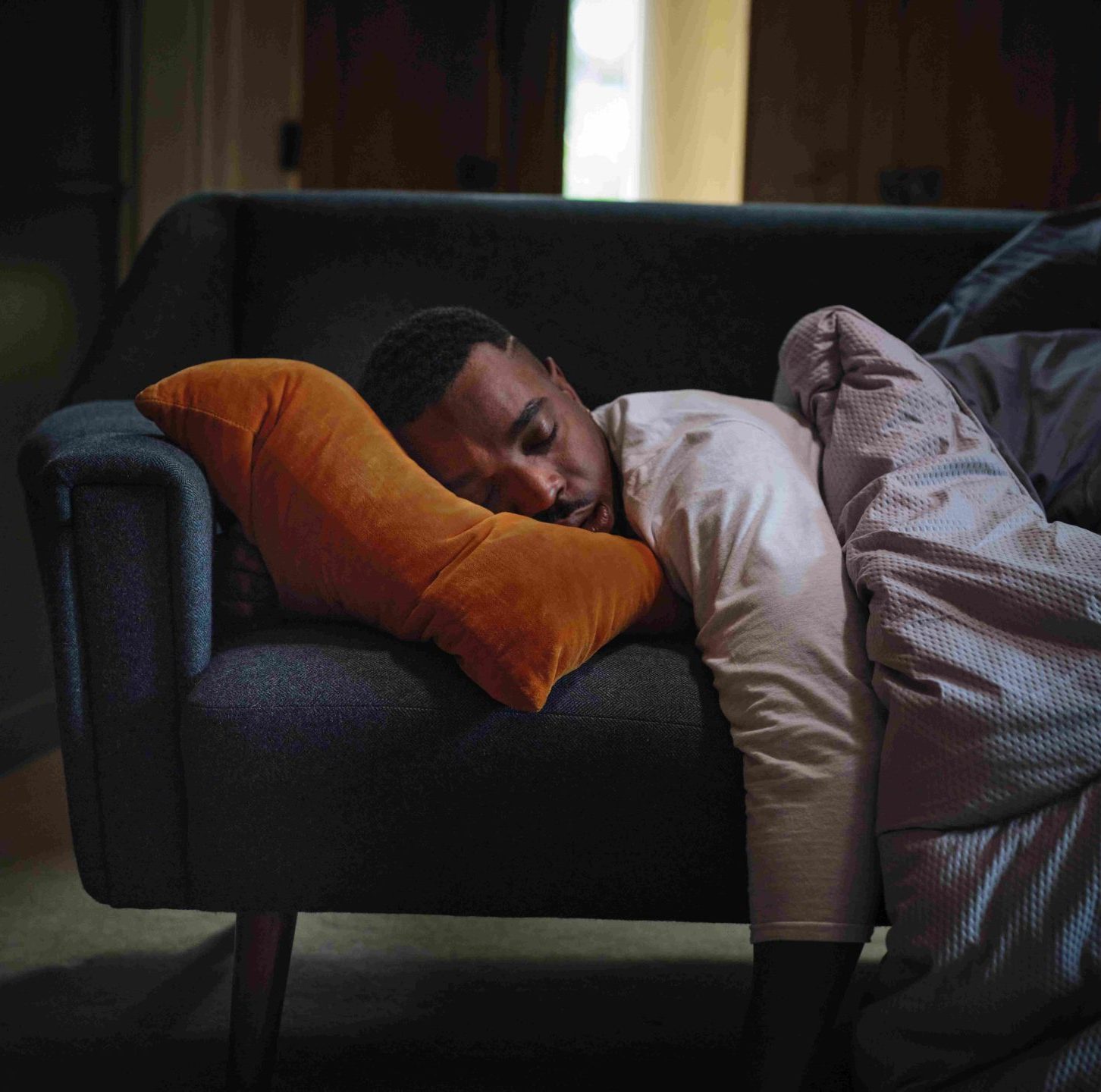
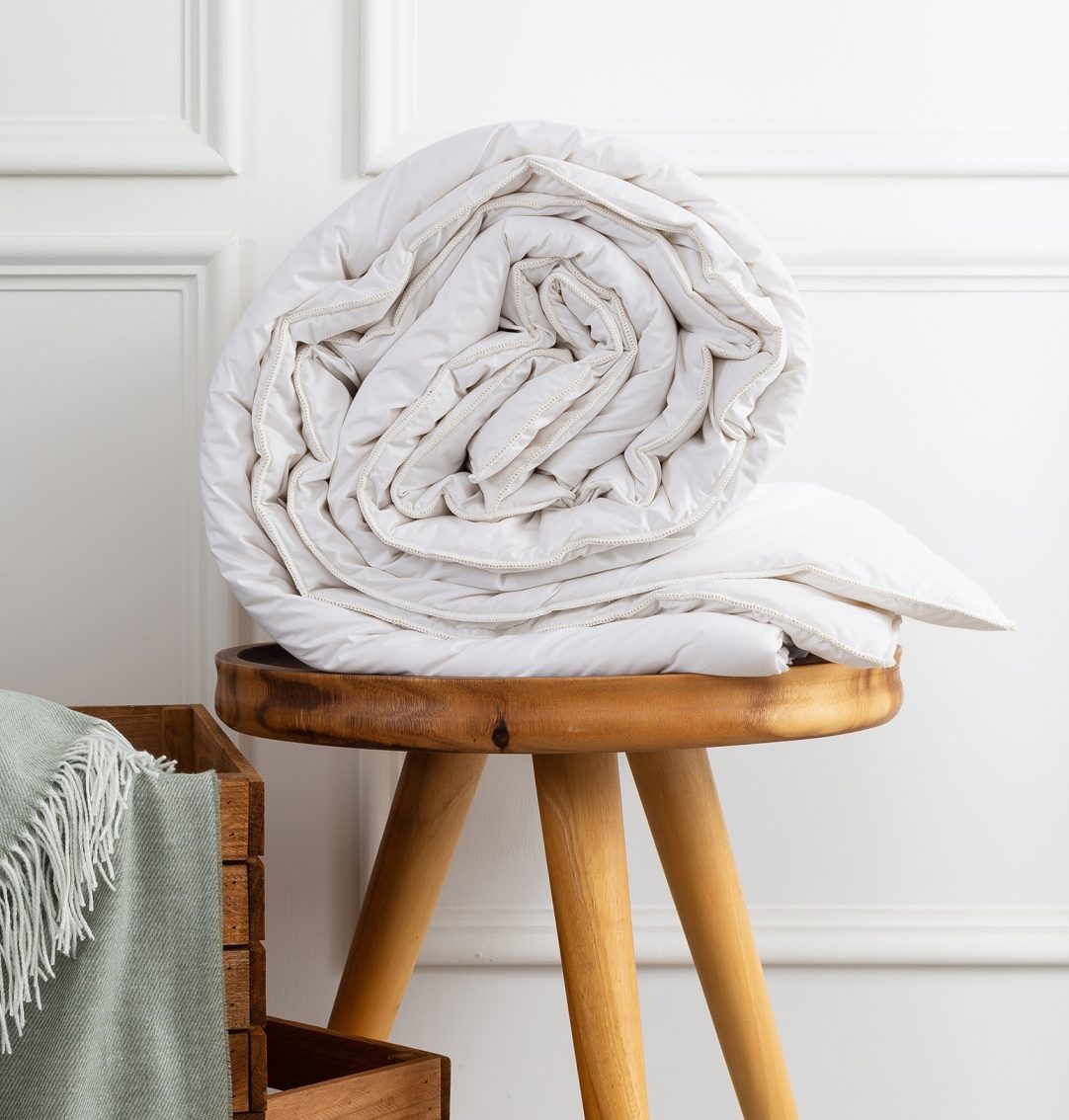

 Ashley Dutton, Sleep Expert
Ashley Dutton, Sleep Expert